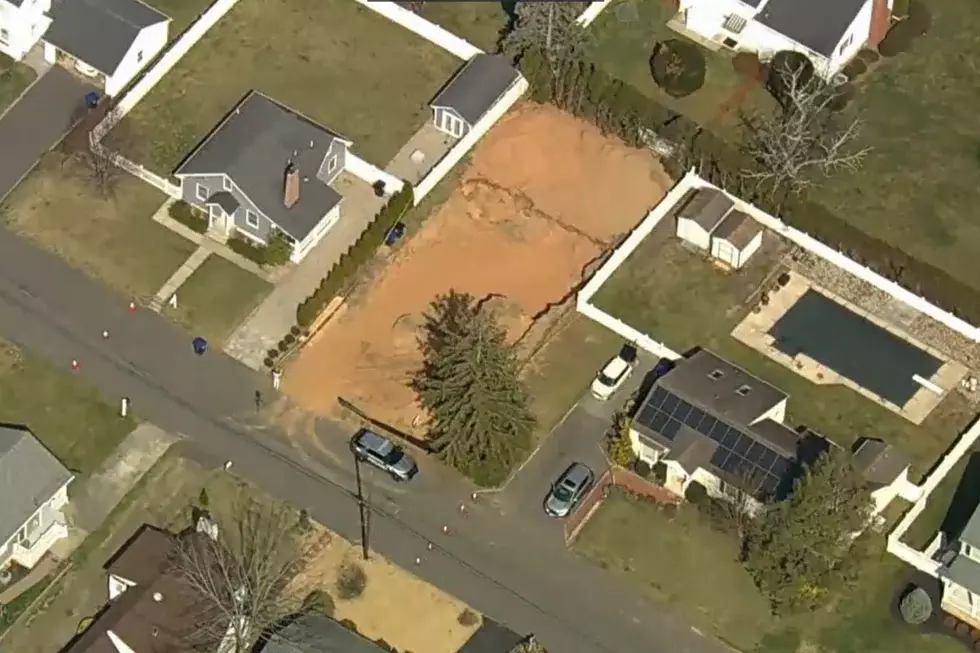
Coast Guard: No health threat from Sandy Hook Bay spill
The US Coast Guard said Friday that a mile-long sheen on the surface of Sandy Hook Bay Thursday night presents "no known environmental or public health impact.' But officials said the source of the sheen remains unknown.
A statement issued shortly after 3 p.m. did not confirm the sheen as an "oil slick" but said it had reduced in size overnight from 2 miles by 300 yards to approximately one mile by 50 yards. In addition, the statement said, "The color of the sheen has changed so silver metallic" from the "rainbow colored" appearance it had when first observed Thursday afternoon.
Federal and state agencies, including the National Parks Service and New Jersey's Department of Environmental Services and Office of Emergency Management are still engaged in "a unified response" to the apparent spill, the Coast Guard said.
The Coast Guard in Monmouth County Thursday said the spill was believed to be diesel fuel.
Coast Guard officials in New York said the oil sheen was reported from the National Response Center at 1:45 p.m. Thursday and officials were alerted after 2 p.m. A 47-foot boat was dispatched to the bay to determine the size of the sheen.
At that point, the Coast Guard did express concern that the spill could effect the wildlife that inhabit the bay, including the seals that migrate each winter to the area. Great and harbor seals migrate to the bay during the colder months, according to NBC 4 New York. The National Park Service says the animals have already moved there for the season, NBC reported.
In a statement released Thursday night, Congressman Frank Pallone Jr. (NJ-06), called the situation "troubling."
“Reports of an oil slick off the coast of Sandy Hook are troubling, and I will be closely monitoring this ongoing situation," Pallone said. "I will work with local and federal agencies, as well as the local communities, to make sure we minimize any adverse effects of the oil. It is critical that we find the source of the spill and take all necessary steps to ensure that our waters are not contaminated, that marine life and animals are not endangered, and that our shoreline is protected.”
The Coast Guard is also asking "any persons sighting pollution" to call the National Response Center at 1-800-424-8802.
Annette Petriccione and Rosetta Key contributed to this report.
More From New Jersey 101.5 FM









